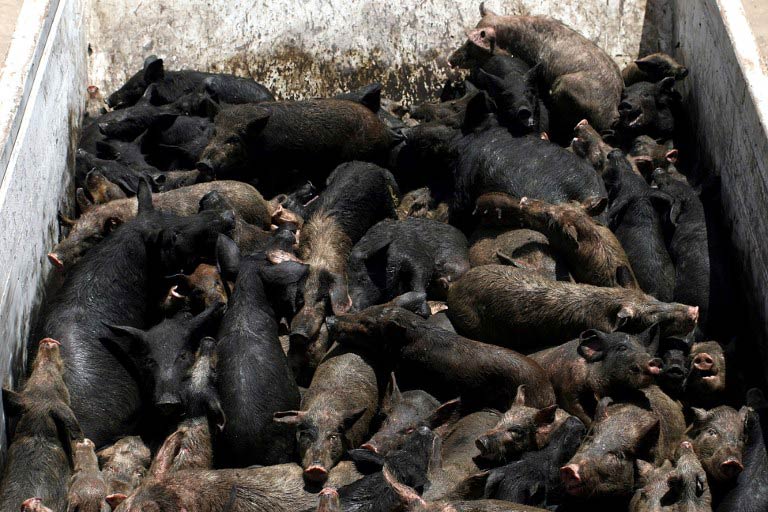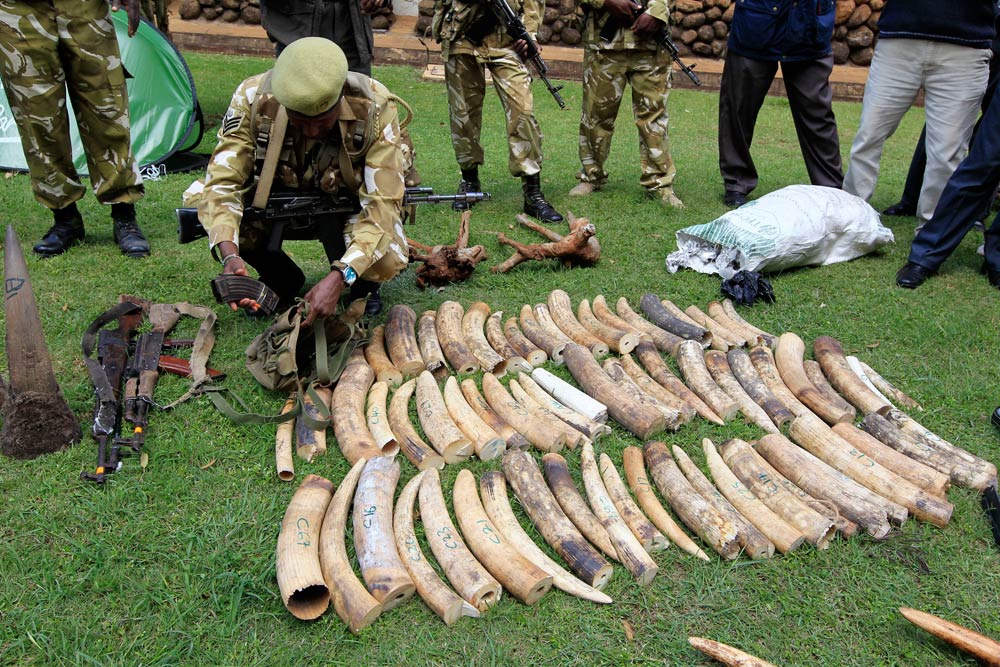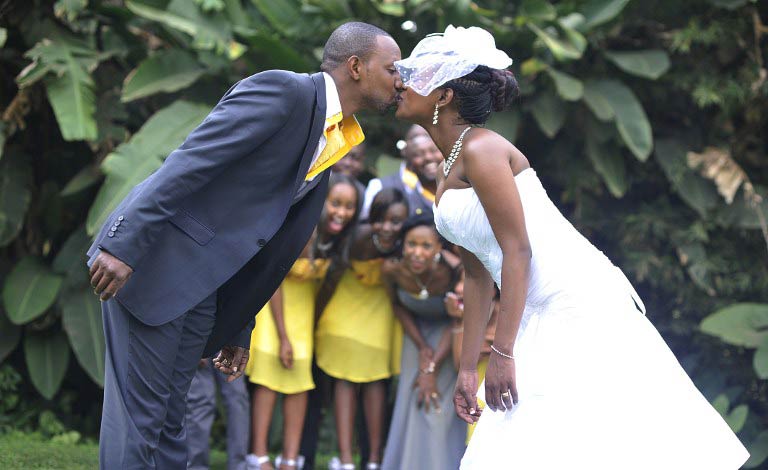The overthrow of Mohamed Morsi last year did little to help Egypt’s economy. But for the butchers and pig breeders of the slums around Cairo, it has been an unexpected fillip.
Five months ago, pork was so scarce in Cairo that a butcher like Bishoy Samir sold pig meat just twice a month. Now Samir reckons he sells an entire pig’s worth of pork every day.
Five years ago, the Egyptian government culled most of Egypt’s pig population, leaving Samir’s family with nothing to serve. “It was very rare to find something to cook,” Samir says. “We used to work one week on, one week off.” But five months ago things started to pick up, and “now we’re preparing one pig a day – and others are doing two or three.”
Pork’s comeback began slowly after the 2011 revolution that toppled Hosni Mubarak, when some farmers began to breed tiny herds of pigs again and hid them in their basements. But the revival was limited until the fall of Morsi’s Muslim Brotherhood last July. Pig farming is still illegal, but here and there smaller-scale breeders say they are now more brazenly rebuilding a process that was decimated in 2009.
“Under Morsi, everyone was afraid – people hid the fact we had pigs as they feared the government would come to kill them,” says Sayeed, another pork butcher in Cairo, who rears a now-expanding herd on the roof of his house in the east Cairo slum of Manshiyet Nasr.
“But after Morsi left, that was that – it was freedom,” says Sayeed. “Now the government is happy acting like they don’t know there are pigs here.”

Today, there are 50 000 to 80 000 pigs in Manshiyet Nasr, estimates Ezzat Naem, the head of the local workers’ union – far fewer than the 350 000 in 2009, but double or triple last year’s figure. A year ago, Samir’s family was one of just two or three butchers who secretly grilled pork in Manshiyet Nasr, known internationally as Garbage City. Now locals say there are a dozen or so, as more residents again turn parts of their homes into makeshift pig sties. Outside space is limited, so the swine live on the roof, or in converted bedrooms.
In 2009, government workers killed Egypt’s pigs in brutal fashion – many of them buried alive in the desert, and covered in acid. Ostensibly, it was to ward off swine flu, then considered a major threat. But World Health Organisation officials said the pigs had nothing to do with the spread of the disease, leading many of Egypt’s Coptic Christians – who form about 10% of the population and who run the pork industry – to view the cull as another bid to marginalise their minority.
They felt victimised for economic as well as social reasons. The Christians of Manshiyet Nasr and half-a-dozen other Cairo slums are collectively known as the Zabaleen, or “garbage people”. They collect and recycle about two-thirds of the 15 000 tonnes of rubbish that Cairo generates daily – and once fed the organic waste to their pigs. But that ended with the cull.
“It was revenge on the Christians of Egypt,” claims Father Barsoum Barsoum, a Coptic priest. This feeling of alienation rose under Morsi, when policemen and vigilantes besieged Egypt’s largest cathedral and fired teargas over the walls.
It was felt the president had done little to condemn the violence. “Morsi didn’t care about the country – he just cared about his group,” argues Abu John, who used to own one of the largest pig herds in Manshiyet Nasr, as well as a chain of butchers. “As Christians, we felt like we couldn’t live in Egypt.”
Now Abu John feels more at ease and is breeding more pigs again – 10 times more than last year, he says.
The local price of pork reflects this rise. A kilogram of pork at a nearby butchers costs about 50 Egyptian pounds (£4.30) down from E£70 last year (though still higher than the £20 it would have cost five years ago). “In the past four to six months, people have realised that it’s more profitable again,” says Ezzat Naem, the union leader and head of the Spirit of Youth, a local non-governmental organisation.
But for the moment, the renaissance remains limited to subsistence farmers in districts such as Manshiyet Nasr, where the influence of the government is weak. Egypt’s two pig slaughterhouses remain closed, and the men who once bred the country’s largest herds of pigs have refused to reopen their farms – and thereby spark a larger revival – while the practice is still illegal.
“If the government want to check on anyone, we’re the first on the list – so we don’t want to take the risk,” says Ihab Israil, whose family once owned Egypt’s largest pork business, but who are now reduced to importing mortadella. “I’m not going to start unless I get official documentation from the government. What we need is the slaughterhouses back.”
In other Zabaleen slums people are reluctant to talk about the pigs’ return. “No one here is slaughtering pigs,” says Barsoum, whose parish is on the other side of Cairo. “And of course I miss it. There’s nothing like barbecued pork.”
Patrick Kingsley for the Guardian



